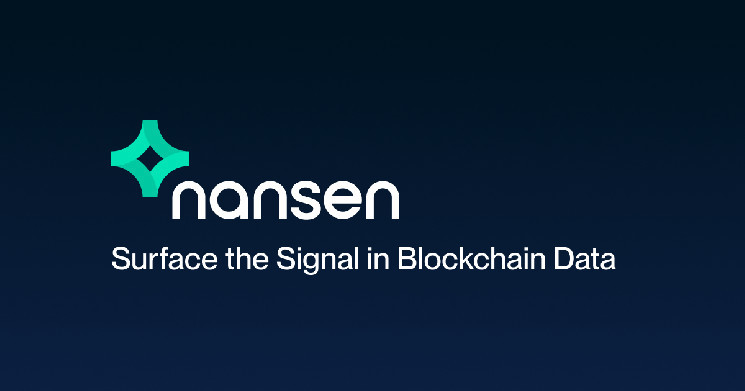Nansen, a prominent name in the $NFT (Non-Fungible Token) space, has raised the alarm over fraudulent activities involving the creation of unauthorised Nansen and Nansen 2 $NFT collections. The company has clarified that no genuine Nansen $NFT collections are currently available. In an official statement, Nansen expressed concern over the rise of imposters attempting to deceive individuals by posing as the company and offering fake $NFT collections. These nefarious actors exploit Nansen’s reputation and popularity to attract unsuspecting buyers.
Unfortunately, some people are pretending to be us and are creating fraudulent Nansen/ Nansen 2 $NFT collections
— Nansen 🧭 (@nansen_ai) August 9, 2023
We want to be clear:
🚨 There are currently no Nansen/ Nansen 2 $NFT collections 🚨
See it, share it with us, and report it
The warning issued by Nansen aims to safeguard the community by ensuring that individuals are not misled into purchasing fraudulent NFTs. The company encourages anyone who comes across these unauthorised collections to promptly report the findings to Nansen, thereby aiding in removing such deceptive listings.
The prevalence of fraudulent $NFT collections underscores the need for heightened vigilance within the burgeoning $NFT market. As NFTs gain traction as unique digital assets, the potential for misuse and deception also rises. Nansen’s proactive stance to address this issue is a testament to their commitment to maintaining their brand’s integrity and protecting the $NFT community’s interests.
FBI’s warning on NFTs
This incident occurred after the FBI warned about scam websites using “drainer smart contracts” to steal from cryptocurrency wallets a few days before. The advice alerts the general public about a new cryptocurrency scam in which the perpetrators pose as developers to defraud cryptocurrency investors seeking to acquire NFTs.
FBI warns of scammers posing as $NFT devs to steal your crypto https://t.co/Cf1ZDxQIeD
— Edmundo Opoka (@Aline4yW0) August 5, 2023
According to the FBI, con artists either steal credentials from legitimate $NFT initiatives’ social media accounts or construct almost comparable ones. After establishing these profiles, they push bogus $NFT releases. Posts employ alluring language to draw readers in, sometimes emphasising words like “limited supply” to give the impression that they must act quickly.
